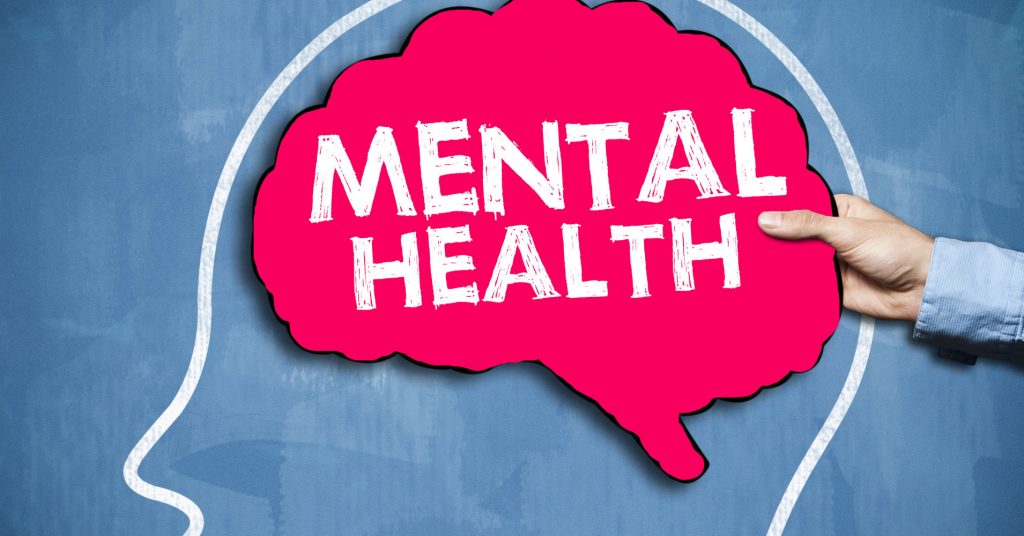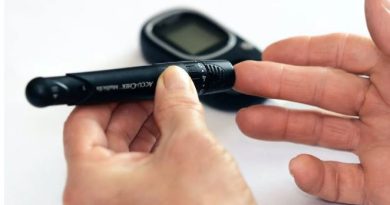How the COVID-19 Pandemic Impacted the State of Your Mental Health
It’s no secret the COVID-19 pandemic has had a devastating effect on the physiology of many people the world over, leaving those infected with severe fever, fierce aches and pains, exhaustion, impaired lung function (even bleeding from the lobes), swelled heart valves, short-term memory loss, and more. Many of these infected people died from the disease, making it more lethal than any ground war since World War II.
But what hasn’t been written and/or talked about enough is the effect the disease has had and continues to have on the state of many people’s mental health. While the whole world closed down and were made to stay home, many also lost their jobs or were furloughed. Kids could no longer go to school.
When you went out, you were mandated to wear masks and to distance yourself. You were told not to go out for anything other than restoring your food bins. You were not even allowed to visit the sick and/or elderly in hospitals and nursing homes. Countless sick and aging people died all alone.
The end result? Many people, perhaps even you, suffered from severe anxiety. This anxiety not only came as a result of fear for yourself and loved ones over getting the virus. It also took the form of financial stress. How were you going to pay your rent or mortgage if you were no longer getting paid? Sure, the government was sending the occasional stimulus check and offering Pandemic Unemployment Insurance (PUA), but more often than not, this was not enough to cover all the bills.
Says a psychologist from the Green Psychology Group, simply put, anxiety is the anticipation of a future problem. What results is fear, muscle tension, and avoidance behaviors. These are normal reactions to dangerous situations like the COVID-19 pandemic. Anxiety is your fight or flight response. While it helps you stay alert on what you need to do to protect yourself from harm, it also can become severe. When that happens anxiety disorders will be the result. These involve excessive anxiousness or fear in otherwise normal circumstances.
Isolated Conditions
According to a recent article on the pandemic and mental health, the coronavirus pandemic was and is, both an epidemiological crisis and a psychological crisis. The enormous stress of living in isolated conditions, the upheaval of our daily routines, loss of employment, financial adversity, and worst of all, grief over the death of family and friends can have a devastating effect on the well-being and mental health of many people.
This is why even though the pandemic was a time of social distancing, it was crucial to seek out social support connection to other human beings. You also needed to recognize the signs of anxiety, depression, panic attacks, and even suicide.
Since the COVID-19 pandemic has not yet been declared over, you need to recognize these things not only in family and friends, but when you look in the mirror.
Anxiety Signs
Signs of anxiety consist of constant if not persistent worry and the sensation of being overwhelmed with emotion. You might experience excessive worry about a multitude of concerns and situations such as issues with your health and the health of others, plus troubles with finances and overdrawn bank accounts. You might even think the world is coming to an end.
You might bear the burden of sensing something calamitous is going to happen soon, but you just don’t know precisely when. You have trouble concentrating. You can’t sleep, you toss and turn. You are on edge and bad tempered.
In a word, you feel out of control.
Panic Attack Signs
Signs of a panic attack constitute shortness of breath, trembling and shaking, sweating under the armpits and elsewhere, dry mouth, tight chest, and “a feeling of choking.” Your heart will pound at a rapid rate, and you will be consumed with a feeling of dread.
Panic attacks can happen when you least expect them, and often without any warning whatsoever. If you’ve ever experienced a panic attack, you might be in constant fear for when the next one will come. This might cause you to restrict yourself from enjoying family activities and outings with friends. It can also cause you to engage in self-isolation.
Depression Signs
Signs of depression show themselves when you lose interest and pleasure in activities you once participated in almost on a daily basis. You might suffer substantial weight loss and you might become an insomniac.
Depression will result in a lack of overall energy along with difficulty concentrating on even the simplest tasks. You will feel entirely worthless and/or wracked with extreme guilt.
What’s worse, depression can cause you to entertain thoughts of dying and suicide.
Suicide Risk Factors
One of the most pervasive suicide risk factors occurs when you begin talking about your own death or about how you would go about harming yourself. Other common risk suicide factors include the recent loss of a loved one, separation and divorce, or a major setback in your career.
You might lose interest in your friends, along with the activities and hobbies you all shared together. Your change in personality might be evident to everyone around you. You will appear sad and withdrawn, irritable, and very anxious. There will be changes in eating and sleeping habits. Your behavior could be construed as erratic and you might even consider harming not only yourself but other people.
You might experience very low self-esteem that can lead to a feeling of complete worthlessness and even a self-loathing. When you get to the point where you feel there is no hope for your future, and that your current dire situation is permanent and will never change, you might decide that it’s time to commit suicide.
Get Help
The good news is that you do not need to commit suicide, ever. Full stop. Maybe you have no control over the state of the ever persistent COVID-19 pandemic, but you do have control over weather you live or die.
If you or a loved one is exhibiting the many signs of suicide, help is available. You can contact the many suicide prevention help lines via phone or internet. Or you can contact a reputable psychologist who can talk to you either in person or even on-line. They are trained in both suicide prevention and crisis response. Just talking to one of these professionals could mean the difference between long life or certain, untimely death.




